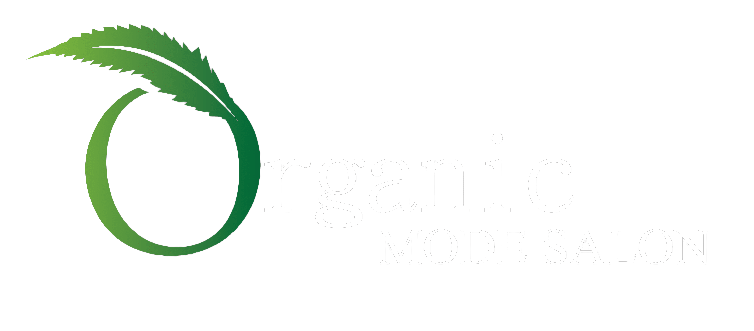In recent years, organic hair dyes have gained popularity as a safer alternative to conventional hair dyes. But are they safer? This article will explore the truth about organic hair dyes, their benefits, and whether they are a better option for your hair. We will also discuss the differences between conventional and organic hair dyes and provide insights into the best practices for using them.
What is Organic Hair Dye?
Organic hair dye is a type of hair colour that uses fewer chemicals and more organic botanicals that are not grown using pesticides. These products typically do not contain ammonia, paraphenylenediamine (PPDs), harsh chemicals, or parabens, making them more suitable for people with sensitive skin or those concerned about the effects of artificial compounds on their hair.
The Difference Between Conventional and Organic Hair Dyes
The main difference between conventional and organic hair dyes is the absence of ammonia and fewer chemicals in organic hair dyes. Ammonia is a key ingredient in traditional hair dye formulas, working as the main component that enters the hair cuticle so colour can be deposited. However, with repeated use, ammonia can cause damage to certain types of hair, which is why people with sensitive strands may find it better to use organic hair dye.
Are Ammonia Dyes Bad for Your Hair?
Ammonia-based dyes can damage hair over time, especially if used incorrectly. It is important to always read the instructions in full before dyeing your hair at home. If you are unsure, consult with your hairdresser. Conventional hair dyes will not damage your health and are perfectly safe to use. After dyeing your hair with any chemical treatment, use a pH-balanced shampoo and conditioner to allow your hair to return to a stable, restored condition.
Benefits of Organic Hair Dyes
Organic hair dyes offer several benefits, including:
- Gentler on Hair and Scalp: Organic hair dyes are free from harsh chemicals, making them gentler on your hair and scalp. This reduces the risk of irritation and allergic reactions.
- Environmentally Friendly: Organic hair dyes are made from natural ingredients and are often produced using sustainable practices. This makes them a more environmentally friendly option compared to conventional hair dyes.
- Better for Sensitive Skin: People with sensitive skin or allergies to certain chemicals may find organic hair dyes to be a better option. The absence of harsh chemicals reduces the risk of adverse reactions.
- Nourishing Ingredients: Organic hair dyes often contain nourishing ingredients like botanical extracts and essential oils that can help improve the overall health of your hair.
Drawbacks of Organic Hair Dyes
While organic hair dyes have many benefits, there are also some drawbacks to consider:
- Limited Colour Options: Organic hair dyes may have a more limited range of colours compared to conventional hair dyes. This can make it challenging to achieve certain shades or vibrant colours.
- Shorter Lasting Colour: Organic hair dyes may not last as long as conventional hair dyes. The absence of certain chemicals can result in the colour fading more quickly.
- Higher Cost: Organic hair dyes can be more expensive than conventional hair dyes. The use of natural ingredients and sustainable practices can drive up the cost.
How to Choose the Right Organic Hair Dye
When choosing an organic hair dye, consider the following factors:
- Ingredients: Look for hair dyes that are free from ammonia, PPDs, parabens, and other harsh chemicals. Check the ingredient list for natural and organic botanicals.
- Brand Reputation: Choose a reputable brand that is known for producing high-quality organic hair dyes. Read reviews and seek recommendations from friends or your hairdresser.
- Colour Options: Ensure that the brand offers the colour you desire. Some brands may have a more extensive range of colours than others.
- Price: Consider your budget and compare prices between different brands. Keep in mind that organic hair dyes may be more expensive, but the benefits may outweigh the cost.
In conclusion, organic hair dyes can be a safer and more environmentally friendly option for colouring your hair. They are gentler on your hair and scalp, making them suitable for people with sensitive skin or allergies. However, they may have some drawbacks, such as limited colour options and shorter-lasting colour. When choosing an organic hair dye, consider the ingredients, brand reputation, colour options, and price. By making an informed decision, you can enjoy the benefits of organic hair dyes while maintaining the health and beauty of your hair.


